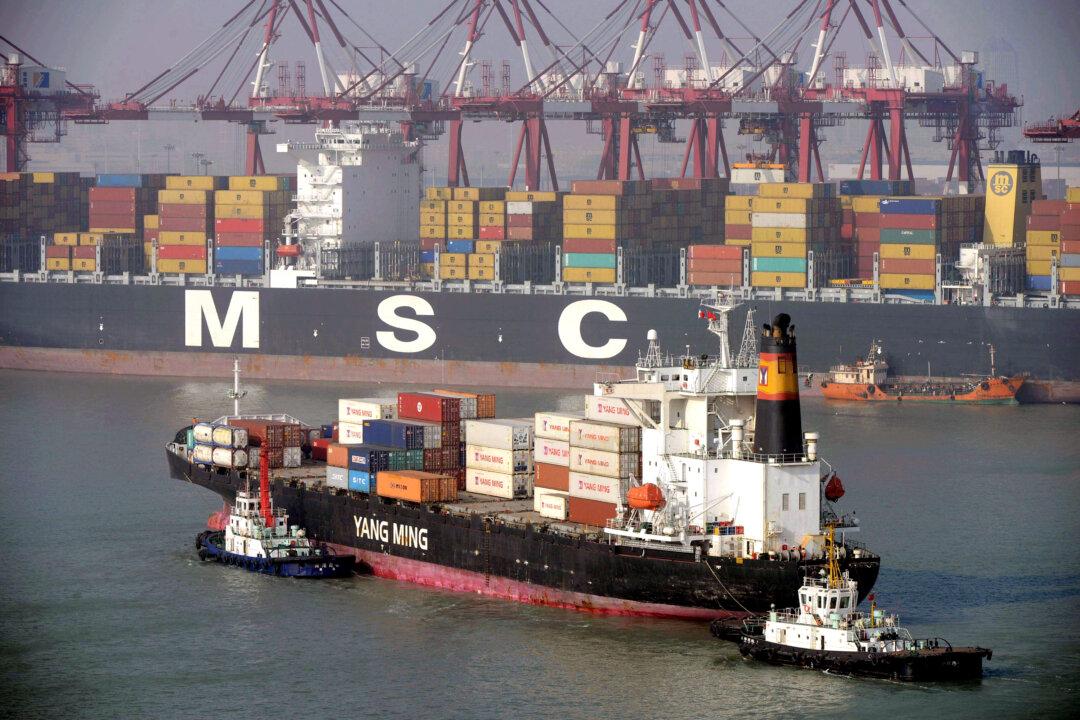The Baltic Dry Index, a shipping and trade index, rose 50 percent over the last month. The rise in the index, which is often considered as an indicator of globalization and future economic growth, accelerated with Trump’s victory despite concerns over his anti-globalization views.
“The U.S. election result is not affecting the dry bulk market substantially except for Mr. Trump’s stance on the Paris Climate Agreement. But it is still early days and yet to be seen what actions he takes in the future,” commented Rahul Sharan, a dry bulk shipping analyst at Drewry, a London-based consultancy firm.
The global shipping industry has suffered from China’s weakening economy and excess shipbuilding capacity for the last two years. Freight rates hit all-time lows in February this year. Since then, the index has risen 300 percent to 1,184.
Trump’s election stoked fear among ship operators who thrive on globalization and low trade barriers. Despite these concerns, the index and shipping stocks skyrocketed.
It is a challenge for industry analysts to connect the dots between the index recovery and Trump’s election. Some think the index recovery has little to do with Trump but is more linked to the global supply and demand trends.
“Moderating vessel supply growth over the next few years, coupled with mild improvement in the outlook for seaborne trade, will enable a reduction of chronic overcapacity,” Sharan stated in a report.
The China Factor
Over the last decade, China’s bubbling economy led to a boom in the shipping sector. Lured by China’s demand, shipping companies started to invest in mega-ships, leaving the sector with huge debt and overcapacity.
“Dry bulk shipping has bottomed out and a market recovery is underway, albeit a slow one. Rising demand for ships to cater for increasing raw material consumption, together with the effect of shifting trade routes, will help increase [shipments],” Sharan wrote.
The Baltic Dry Index tracks the freight rates of ships that carry bulk cargoes like iron ore and coal. With Brazil’s increasing share of Chinese iron ore imports, demand for dry bulk shipping will also grow substantially, according to the report.
“With investment remaining out of reach from dry bulk owners, even a modest growth in demand will help support market recovery. Meanwhile, the increasing cost of running an old ship will mean more vessels go to scrapyards, tightening supply over the next five years,” he stated.
Shipping sector stocks that had a tough year surged in a buying frenzy after the elections. Shares of Globus Maritime Ltd (ticker symbol GLBS) nearly tripled. Among other shippers, shares of Sino-Global Shipping America Ltd (SINO) was up 330 percent, and Euroseas Ltd (ESEA) shares almost doubled since the elections.





